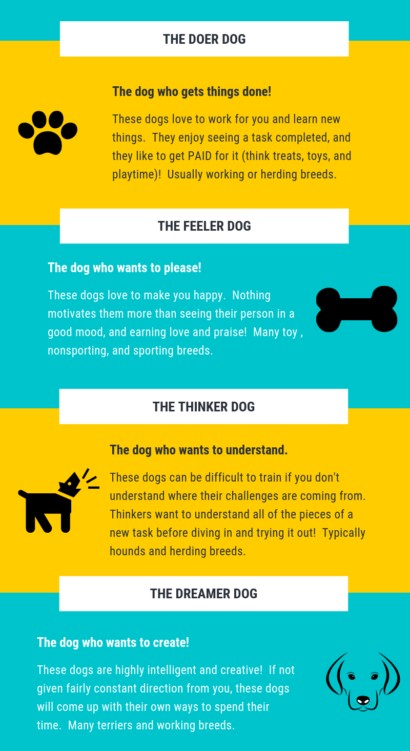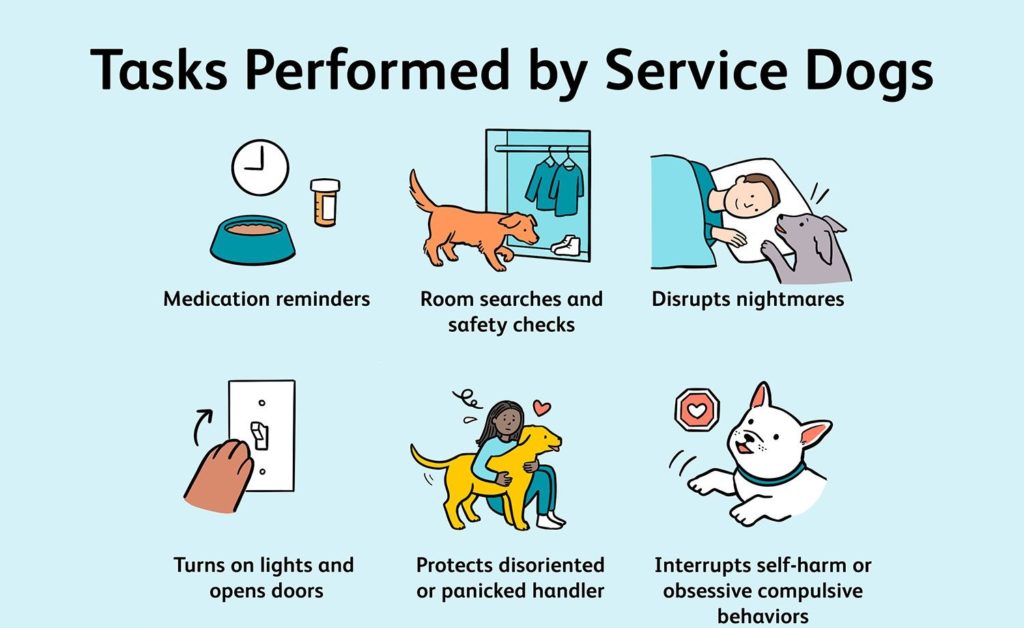The smart Trick of Spring Canine That Nobody is Talking About
The smart Trick of Spring Canine That Nobody is Talking About
Blog Article
Spring Canine for Beginners
Table of ContentsSpring Canine Can Be Fun For EveryoneThe Spring Canine DiariesExcitement About Spring CanineSpring Canine - QuestionsThe smart Trick of Spring Canine That Nobody is Talking AboutNot known Facts About Spring Canine
In science-based training, comprehensive understanding of pet dogs, their nature, practices, classic conditioning, punishers, reinforcers, whatever pertaining to it enters account. Science-based pet training is consistently being boosted from the results of investigations by pet behaviourists to attempt to genuinely understand canines. Science-based canine training or it can be considered as modern approaches also.The canines learn by the end results of their behaviour, whatever those effects may be. In this approach, all instructors comply with the law of scientific research. The difference between the typical and contemporary is that the conventional trainers are frequently uninformed of the law of the scientific research that underpins the results they are obtaining.

Something failed. Wait a moment and try again. Try once again.
Our Spring Canine Ideas
We use cookies on our web site to give you the most effective experience by remembering your choices and repeat visits. By clicking "Approve", you grant the usage of ALL the cookies. Do not offer my personal info.
Many people love their fuzzy buddies. Nevertheless, not every minute is enjoyable when your canine isn't trained to behave in particular methods or prevent undesirable actions. There are lots of strategies handed down from unidentified sources that tell you the very best methods to get your canine not to do something. However what is the finest approach, and just how do you make use of these methods? Discover one of the most usual approaches for just how to educate your pet dog, as well as what techniques not to make use of.
The very first is the aversive-based approach. The 2nd is the reward-based approach. Aversive-based (discipline) training is when you make use of favorable penalty and unfavorable reinforcement strategies with your canine. Reward-based techniques utilize rewards just for the behaviors that you want your pet to comply with. Aversive-based training utilizes techniques like loud, undesirable sounds, physical corrections, and rough scoldings to obtain your dog to act the method you desire.
The Spring Canine PDFs
Deals with, stomach scrubs, or various other dog-pleasing actions are used to strengthen that a behavior was excellent. Some individuals believe that a rewards-based approach sets up an "occasion series" for your pet where they associate you with delighted feelings when they do what they're told.
That anxiety means that your canine does what they are told to stay clear of undesirable feelings. Canines discover a whole lot like little youngsters. Every pet dog reacts to the tone of our voice more than the actual words.
Flexible discovering is just how well your pet learns from their surroundings and the environment around them to resolve problems. Functioning and obedience are exactly how well they find out the tasks and commands that you educate them. To obtain your dog to be obedient, you ought to concentrate on training that utilizes obedience methods and the details actions you desire from them.
If you're educating your pet dog to be a loving family pet, you ought to think about reward-based obedience training. Canines are clever sufficient to learn the behaviors that you want them to have - https://springcanine.wordpress.com/2024/04/11/top-dog-tips-for-a-happier-hound/.
The Buzz on Spring Canine

When your canine performs the actions, they ought to obtain their benefit. If you ask to relax and don't offer them a reward hop over to here until they stand back up, they become puzzled. They won't understand which habits the benefit was for. When you are making use of reward-based training, your pet dog needs to recognize that there are effects for acting in a method you don't like - Dog Tips.
For example, a pet dog that suches as to leap as much as welcome their people when they enter your house can be hazardous for a little youngster or an older adult. To train them not to raise at you, do not greet them or provide them interest if they leap up.
How Spring Canine can Save You Time, Stress, and Money.
Maintain a reward in your hand while you do this. When the pet dog doesn't leap, provide the reward, and repeat the job until your pet does not jump up when you come in. You must attempt this with all of individuals that your pet dog gets delighted to see when they enter into your home.
When you're teaching your canine something new, bear in mind that they have the focus span and intelligence of a two-year-old. Your training sessions must be brief and to the factor. Limit them to 15 minutes. Concentrate on one task or habits so that they do not end up being overwhelmed. Make sure that you're making use of the same commands for the habits that you desire.
They may not recognize what to do. The American Kennel Club identifies 5 fundamental commands that every dog ought to understand - Australian Shepherd.
Local animal organizations can also help you with behavioral issues or with basics. The AKC has over 5,000 clubs around the country.
Not known Facts About Spring Canine

Report this page